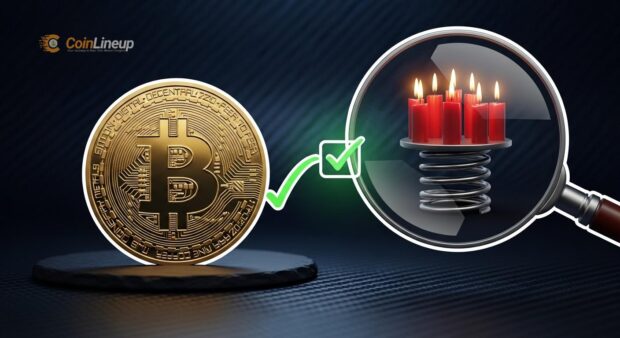
- Private DeFi boosts market efficiency with ZKPs, says Rob Viglione.
- Layer 2 volume rises by 22%.
- Ethereum MEV extraction reaches $1.9 billion.

Private DeFi enhances market efficiency by using zero-knowledge proofs (ZKPs) to balance transparency with privacy. Key players like Rob Viglione advocate this model, emphasizing its role in mitigating MEV extraction and promoting fairer trading environments.
Private DeFi is gaining traction with major players, including Horizen Labs’ CEO Rob Viglione, emphasizing its role in boosting market efficiency through zero-knowledge proofs (ZKPs) as of August 2025.
Private DeFi has emerged as a key player in the blockchain space, with Horizen Labs advocating for the balance between transparency and strategic privacy. Industry players highlight zero-knowledge proofs as crucial for market advancement and efficiency.
Notable figures include Rob Viglione of Horizen Labs. Viglione emphasizes the protection against MEV extraction and alpha leakage. Industry discussions involve privacy protocols and engineers from Ethereum Layer 2 platforms.
The movement has impacted Ethereum significantly, with MEV extractions reported at $1.9 billion. Developers remain actively invested in privacy-centric projects, contributing to Layer 2’s growing share of DeFi activities.
Financially, the privacy push has increased DeFi’s TVL by 41% to $123.6 billion. The trends point towards strategic shifts in liquidity management and protection against MEV practices.
Institutional pilots are exploring private DeFi in places like Switzerland and Singapore. These efforts acknowledge the need for programmable privacy alongside regulatory balances.
Insights indicate that private DeFi might become a cornerstone of future financial systems. The introduction of zero-knowledge proofs is crucial for maintaining transparency while ensuring competitive fairness. Developers focus on hybrid compliance models to support privacy use cases.
Rob Viglione, Co-founder & CEO, Horizen Labs, “Private DeFi enhances market efficiency by balancing transparency with strategic privacy through zero-knowledge proofs (ZKPs)”




























